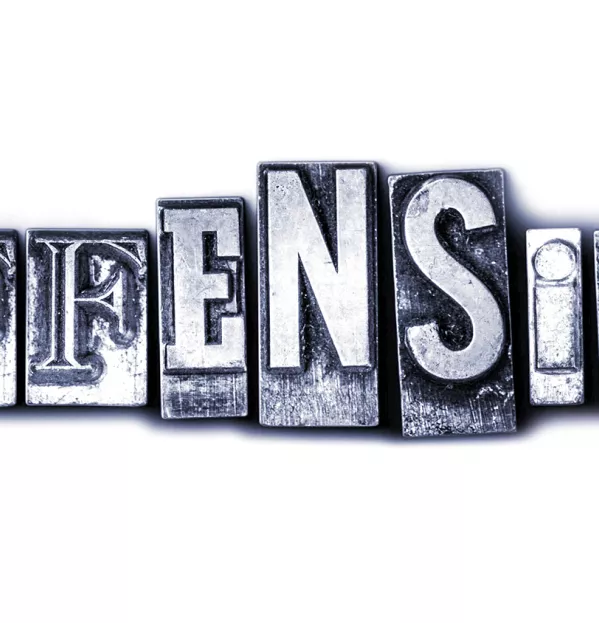Sticks and stones may break my bones, but words will never hurt me.
It’s an admirably defiant statement - but also one of the biggest lies told to children. Words can wound, and the scar tissue formed by a cruel remark may continue to niggle decades later. Just ask anyone who had the misfortune in their formative years to be on the receiving end of a spiteful remark from a teacher: they will shudder at the memory.
Teenagers are well used to disdain from their elders. Every generation finds itself at the centre of a moral panic, from the mods and the rockers, to punks, to followers of drill music in 2018 (google it - as I did after hearing a radio item about the apparent link between this rap genre and knife crime).
Another common assumption is that teens revel in this notoriety - in their outsider status and ability to create a frisson of panic simply by wearing a hoodie or assembling on a street corner. There may be some truth in that, but the vulnerability of teens is often forgotten amid one-dimensional portrayals of cocky ne’er-do-wells.
Louise Macdonald, chief executive of the Young Scot charity and a keynote speaker at next month’s Scottish Learning Festival in Glasgow, is tired of “teenage tearaway” clichés. “We hear often from young people that they feel they are judged harshly, particularly in the media, and it feels unfair to them,” she says.
Far from teens basking in the opprobrium society directs at them, Macdonald fears that this treatment could be seriously damaging at a time of life when confidence is particularly fragile. And she suggests it is never far from the forefront of their minds. In preparations for Scotland’s Year of Young People, Macdonald says, one message came up in feedback time and again: “They wanted it to be a year where adults were nicer and kinder to them.”
The prevailing political culture can hardly help - we have a US president who has blithely mimicked a disabled journalist, and a would-be prime minister who this month directed juvenile taunts at Muslim women. In this climate, the kindness and compassion inherent in any good teacher becomes more important than ever. Just as a barb from a teacher can sting many years later, so a thoughtful comment may provide an enduring source of comfort and inspiration.
One other kindness we could bestow upon our country’s young citizens is a coherent qualifications system. Yes, there has been some politically motivated hyperbole about the exam results data released last week, but it’s indisputable that, several years in, National 4 and National 5 remain works in progress.
Some sort of announcement is expected soon on N4, the credibility of which has been called into question owing to its lack of external assessment. However, it was N5 in the firing line this year, after controversies over the removal of unit assessments - an attempt to reduce teacher workload that few seem to think has worked - and falling numbers. Eyebrows were raised, for example, at the SQA’s admission that, after allowing schools to submit unit assessments in exceptional circumstances this year, it was unable to carry out the right level of quality assurance on thousands of pieces of work that had been sent in late.
N4 and N5 courses were first run in schools from 2013. As with a five-year-old child, we really shouldn’t be talking about teething problems at this stage. It could be that a satisfactory solution to N4’s travails is about to be revealed - let’s hope this is a big step towards a more settled qualifications system.
Henry Hepburn is the Tes Scotland news editor
